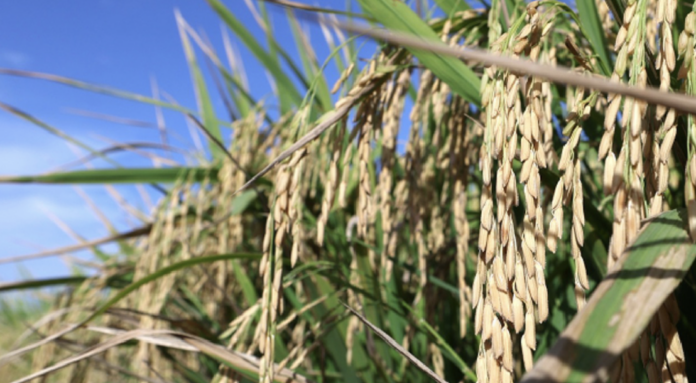PUTRAJAYA, Jan 16 – The “Gelombang Padi” initiative will be implemented this year to elevate the country’s padi and rice industry to a more efficient and resilient level, said Agriculture and Food Security Minister Datuk Seri Mohamad Sabu.
He said through the initiative, the Agriculture and Food Security Ministry (KPKM) would implement 12 programmes that would be a game-changer to transform the country’s padi and rice industry.
The programmes include introducing a new policy on the Certified Padi Seed Incentive (IBPS) programe; rehabilitation and development of soft soil padi land; strengthening the supply of agricultural inputs; and empowering the cultivation of hill padi in Sabah and Sarawak by providing provisions for the supply of agricultural inputs.
“This initiative is also expected to increase the income of food producers throughout the food chain. We aim to achieve a 100 per cent rice self-sufficiency rate (SSR). The average rice production in the country is still insufficient with the SSR rate being only 65 per cent (last year).
“The remaining 35 per cent is still not enough and we must prioritise efforts to increase the SSR rate, starting in 2024,” he said when delivering his New Year’s address to KPKM staff today.
Mohamad said that this year KPKM would also focus on strengthening existing industries such as poultry and eggs, onions and pineapples.
“One of the products that could become a new source of income for the agro-food sector is pineapples. Therefore, this year, Malaysia will introduce the ‘Sekali Tanam, Tiga Kali Tuai’ concept for pineapple cultivation,” he said.
Mohamad said the emphasis on the circular economy agenda in agricultural activities, such as the use of organic fertilisers and more effective modern farming practices, needs to be enhanced in order to reduce the release of chemical waste.
“In addition to helping prevent pollution and reduce waste, engaging in this value-added activity can offer additional income opportunities for agro-food entrepreneurs,” he said.
















